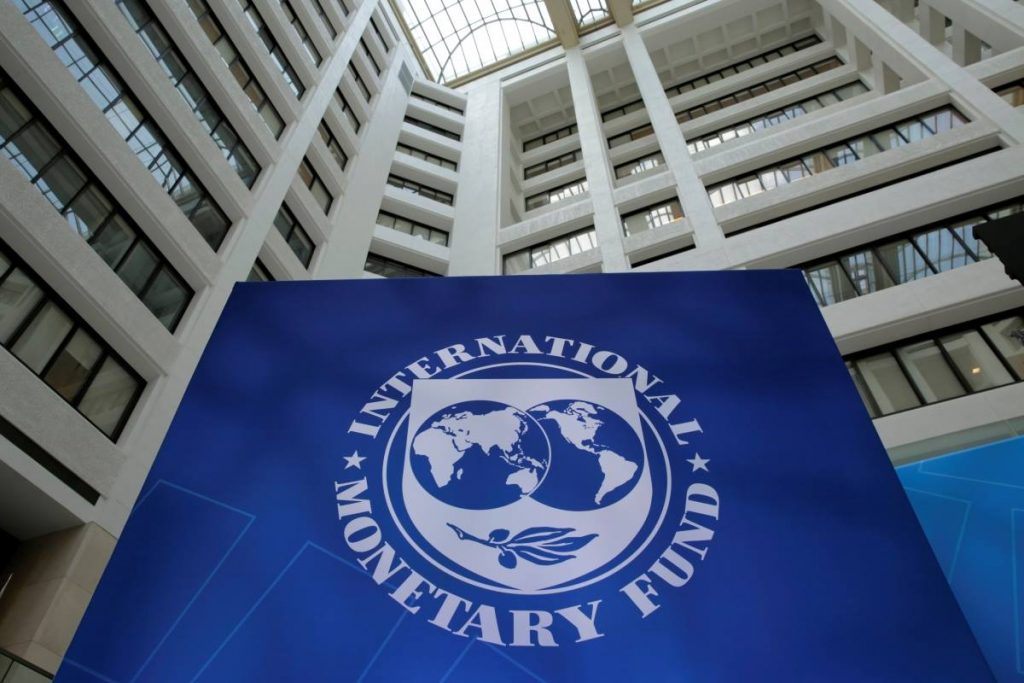
The completion of the eighth review concludes the EFF supported program which has helped strengthen the economy’s resilience to shocks, as underscored by Georgia’s ability to successfully navigate the fallout from the COVID-19 pandemic. The National Bank of Georgia has reported.
According to the National Bank, the Georgian economy is expected to resume growth from the second quarter of 2021 onwards and output is projected to expand by 3.5 per cent this year.
NBG reports that continued prudent macroeconomic policies and implementation of structural reforms would help ensure a durable and inclusive recovery.
“On April 9, the Executive Board of the International Monetary Fund (IMF) completed on a lapse of time basis the Eighth Review of Georgia’s economic reform program supported by a four-year extended arrangement under the Extended Fund Facility (EFF ). This is the last review under the arrangement and its completion will release SDR 78 million (about $111 million), bringing total disbursements to SDR 484 million (about $687 million).
Repeated restrictions on movement and economic activity took a toll on economic growth with output contracting by 6.2 per cent in 2020. The authorities’ policy response helped limit the human toll of the pandemic and rightly focused on protecting the vulnerable. After successfully navigating the second wave of COVID-19 and commencing vaccinations, Georgia is at a potential turning point in overcoming the fallout of the pandemic. The next steps are to decisively bring COVID-19 under control, secure the recovery, and maintain macroeconomic policy discipline in a challenging environment. Under the baseline, a strong recovery is expected to commence in the second quarter of 2021 and output is expected to expand by 3.5 per cent for the year.
The 2021 budget appropriately provides additional targeted support to vulnerable households and businesses to help cope with the pandemic. If more fiscal support is needed due to a new wave of the pandemic, reprioritizing spending should be the first line of defence. Increased public debt and sizable contingent liabilities make strict adherence to the fiscal rule especially important to preserve credibility. Proactive monitoring of fiscal risks remains essential, and advancing state-owned enterprise reform would help control and mitigate those risks.
Due to consecutive shocks related to concerns over travel restrictions in the second half of 2019, the outbreak of the pandemic in early 2020, and recent spillovers of trading partner currency volatility, the lari has come under repeated bouts of pressure. The NBG remains appropriately focused on achieving its inflation target which is a cornerstone of Georgia’s macroeconomic policy framework. The most recent policy rate increase responds to elevated inflation expectations following a somewhat prolonged period of inflation exceeding its target. Further increases in the policy rate may be needed if external pressures persist. Overall, the inflation-targeting framework, combined with the floating exchange rate regime, continues to serve Georgia well and foreign exchange intervention should remain aimed at preventing disorderly market conditions.
The financial sector remained profitable in 2020 and the banking system managed to maintain sufficient capital buffers to withstand the COVID-19 shock, reflecting the effectiveness of the supervisory regime before the crisis. Looking ahead, supervisors should aim to calibrate policies that balance the need to support the recovery and to proactively deal with the increase in non-performing loans. The new bank resolution framework will further strengthen financial resilience.
In addition to prudent macroeconomic policies, advancing the structural reform agenda will be essential to sustain a durable and inclusive recovery. The near-term priorities are operationalizing the insolvency framework to deal with the aftermath of the COVID-19 shock and education reform” information by NBG reads.
By - Tamar Tabatadze





